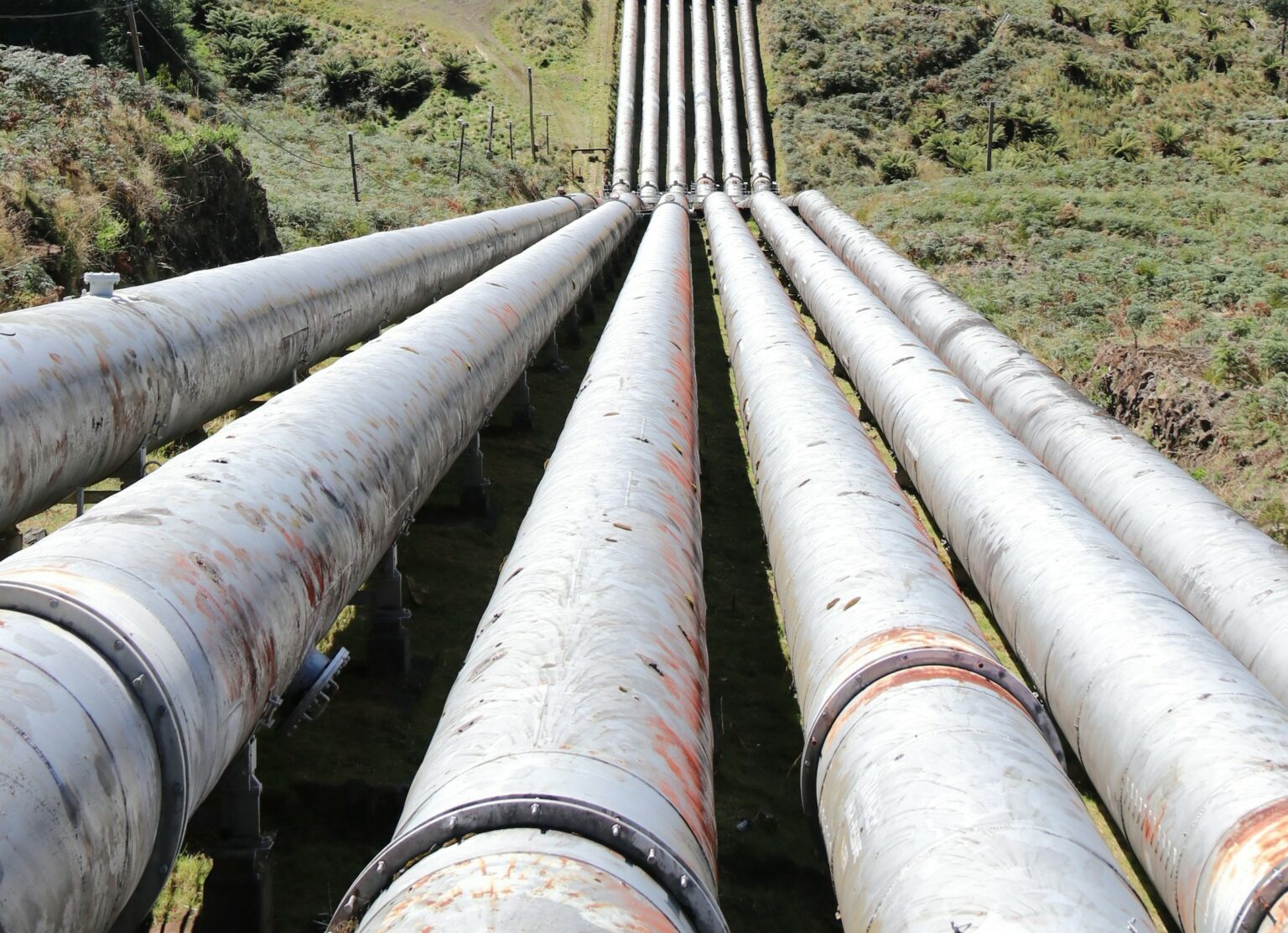A team of researchers, Kornél Télessy, Lukas Barner, and Franziska Holz, have explored the feasibility and limitations of repurposing existing natural gas pipelines for hydrogen transport, utilizing a case study based in Germany.
The hydrogen industry is expanding rapidly as nations aim to reduce carbon emissions. However, building an entirely new infrastructure for hydrogen transport can be prohibitively expensive. Repurposing existing natural gas pipelines is an attractive alternative that could significantly reduce costs and expedite the adoption of hydrogen as a mainstream energy source.
Main Findings
The researchers discovered that repurposing natural gas pipelines for hydrogen use involves several technical and safety challenges. The study highlights factors such as pipeline material compatibility, hydrogen embrittlement, and the need for extensive testing and reinforcement. Hydrogen’s lower molecular size compared to natural gas leads to increased permeability and potential leakage issues, necessitating rigorous safety protocols.
Potential Applications
The findings from this research could guide government agencies and energy companies in developing more efficient and cost-effective methods for hydrogen transport. Repurposed pipelines could be integral to creating a hydrogen distribution network, reducing dependency on fossil fuels and cutting down greenhouse gas emissions.
Technical Details
Key technical aspects addressed in the study include the compatibility of different pipeline materials with hydrogen, potential modifications required for existing infrastructures, and the impact of hydrogen on the longevity and safety of the pipelines. The researchers employed a combination of material science evaluations, pressure tests, and scenario analyses to arrive at their conclusions.
Key Takeaways
1. Pipeline Repurposing Feasibility: Repurposing natural gas pipelines for hydrogen is feasible but requires substantial modifications and safety protocols.
2. Economic Advantage: Such adaptations could reduce infrastructure costs and accelerate hydrogen adoption.
3. Technical Challenges: The primary challenges include material compatibility and increased leakage risks.
4. Industry Impact: This research has the potential to influence policy-making and strategic planning in the hydrogen sector.





